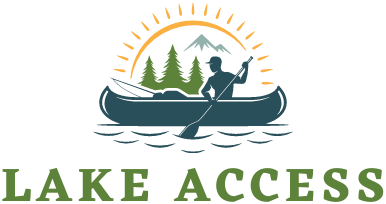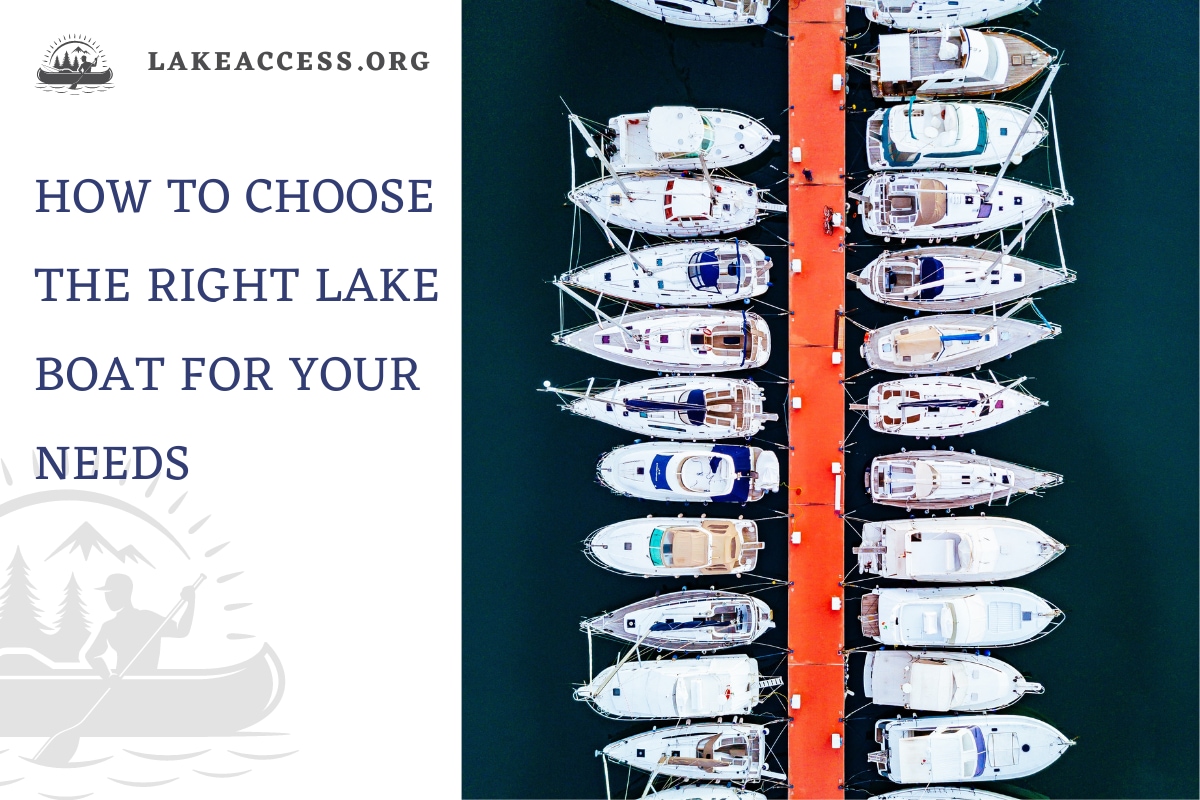There are many factors to consider when choosing the right lake boat for your needs. With so many different types and styles of boats on the market, it can be difficult to know where to start.
Here are a few things to keep in mind as you begin your search:
The purpose of use
When choosing a lake boat, it is essential to consider the purpose of its use. Depending on your needs, you may need to sacrifice the bells and whistles to stay within your budget or splurge on the bonus items. For example, if you are looking for a boat for entertaining guests or cruising, you will need a larger boat than one that will only be used for personal use. Knowing the primary use of the boat ahead of time, you can make an informed decision about which size is best for your needs.
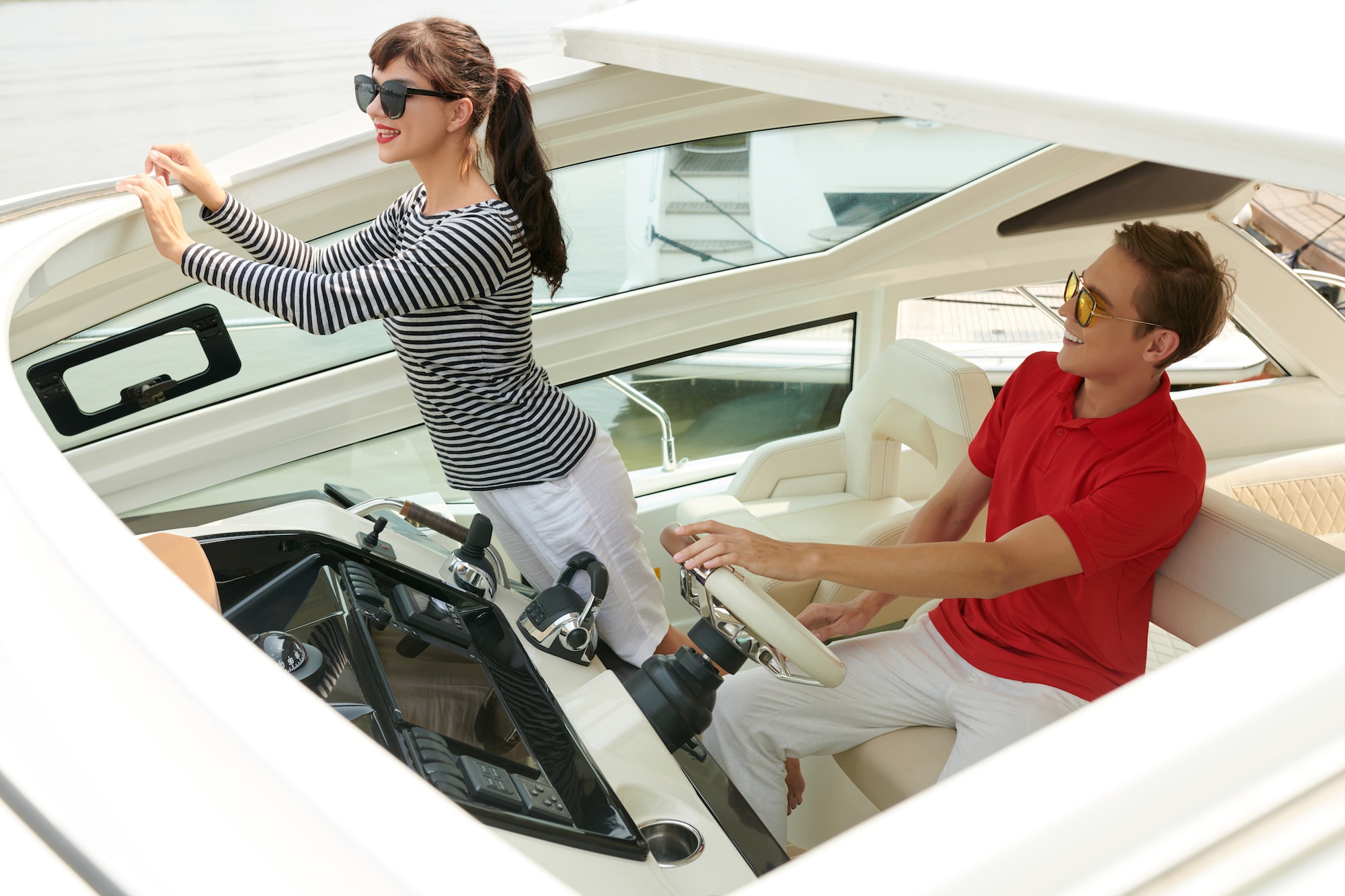
Size and Length
Size and length are important considerations when choosing a lake boat. A smaller boat may be easier to maneuver, but it may not have the necessary space or storage capacity. A larger boat will be more challenging to maneuver, but it will provide you with more space and storage. You will need to decide what is most important to you and choose the boat size that best suits your needs.
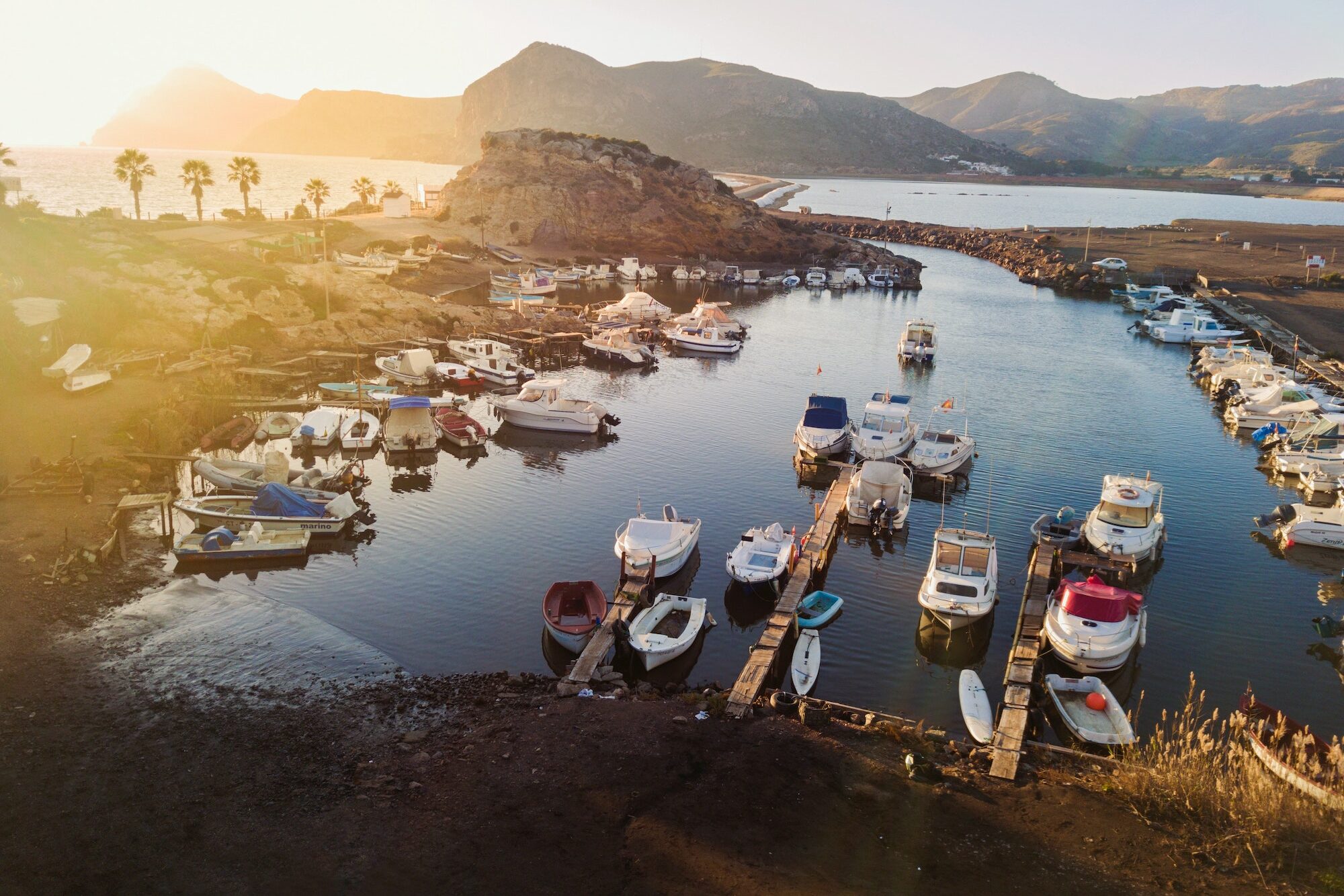
Power and Speed
Before you choose a lake boat, it’s important to consider your needs. One of the most critical factors is power and speed. If you’re looking for a fast, powerful boat, you’ll want to choose a large engine. However, if you’re just looking for a leisurely ride around the lake, you can choose a smaller boat.
Speedboats are great for waterskiing, wakeboarding, and tubing. They’re also great for fishing, as they can get you to your favorite fishing spots quickly. If you enjoy these activities, then you’ll want to choose a speedboat.
Pontoon boats are great for relaxing and socializing. They’re perfect for cruising around the lake with family and friends. They’re also a good choice for fishing, as they’re stable and have plenty of room for all your gear.
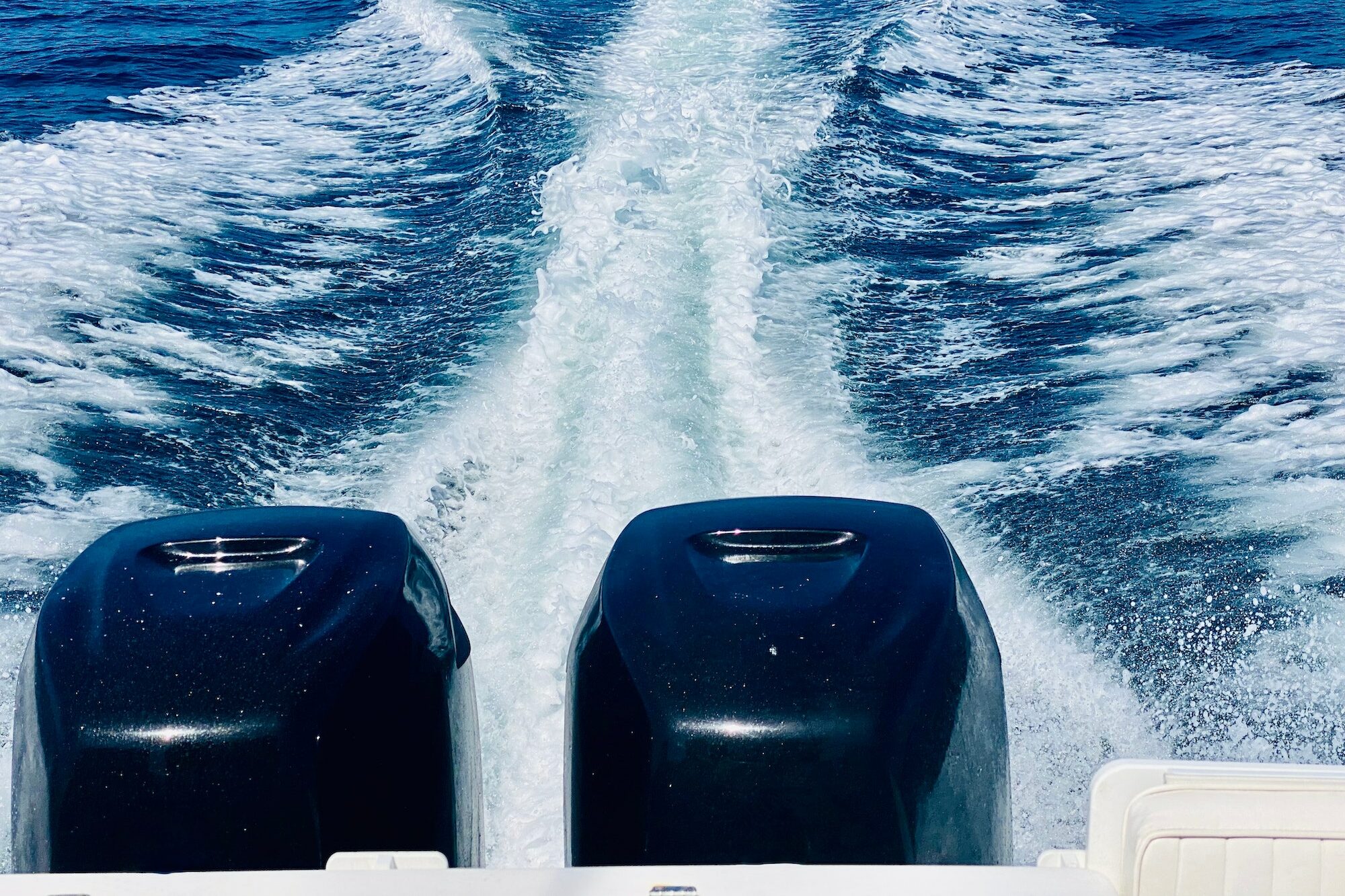
Design and Shape
The design and shape of your boat will also play a role in how it performs on the water. For example, a V-hull boat is going to be better for speed and handling than a pontoon boat. If you’re unsure what kind of boat you need, it’s a good idea to talk to a professional or someone familiar with boats. They can help you choose
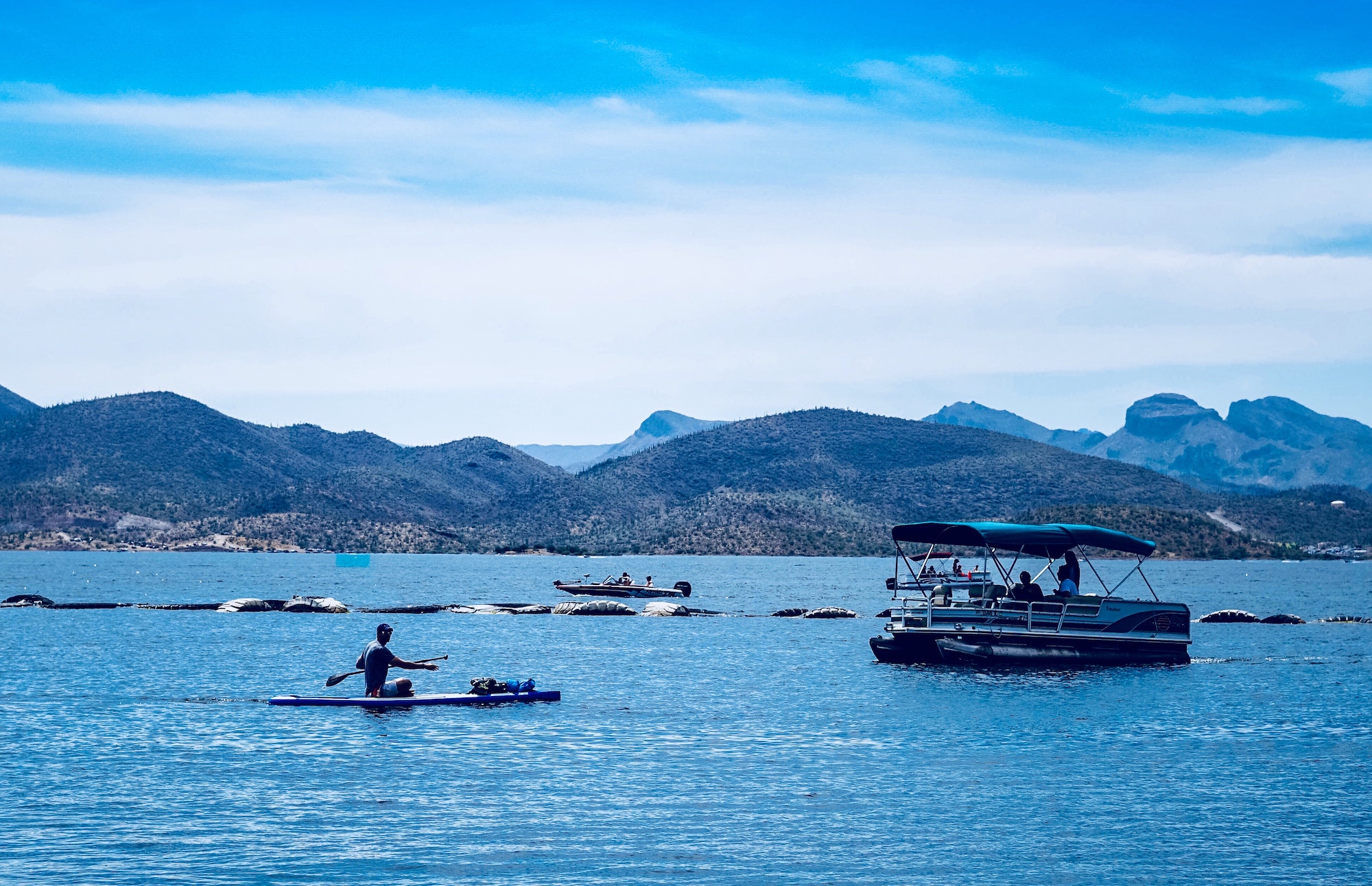
Type of power (outboard, inboard)
There are a few things to consider when choosing the right lake boat for your needs. One of them is the type of power you want. Do you want an outboard or inboard motor?
Outboard motors are great for lake boats because they’re lightweight and easy to maneuver. They’re also less expensive than inboard motors. However, outboards don’t have as much power as inboards, so they might not be the best choice if you have a large or heavy boat.
Inboard motors are more powerful than outboards, but they’re also more expensive and heavier. Inboards are a good choice if you have a large or heavy boat or if you plan on doing a lot of waterskiing or wakeboarding.
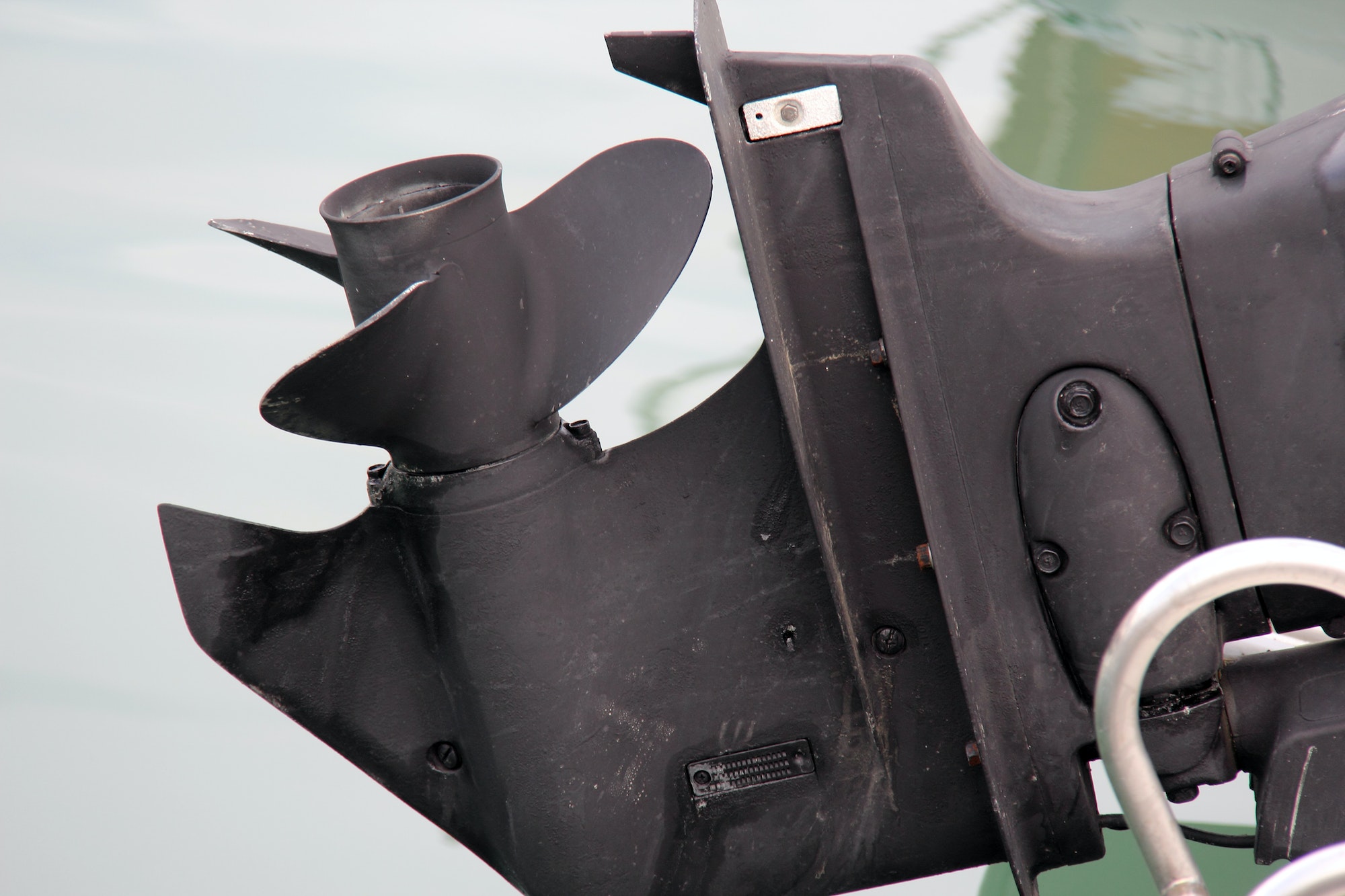
Safety features
When choosing a lake boat, safety features to consider include:
– A GPS system to easily navigate tight spots, locate the perfect depth and avoid dangerous areas.
– Life jackets for everyone on board in case of emergencies.
– Flotation devices for items such as coolers and fishing gear, so they don’t sink if they fall into the water.
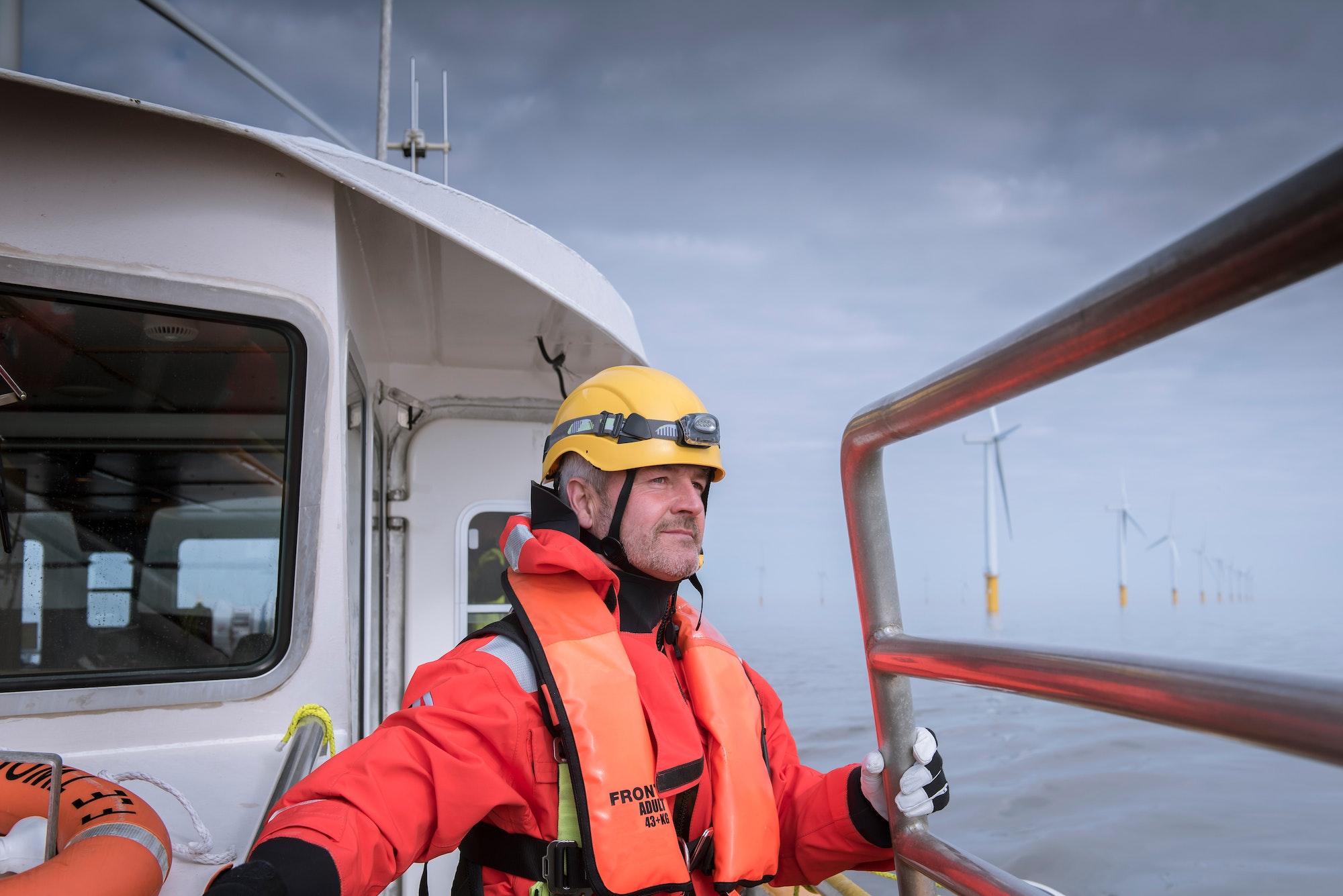
Price and cost of ownership
The price and cost of ownership for a lake boat can vary depending on the size and type of boat you choose. On average, a small recreational boat can range from $10,000 to $30,000, while larger vessels can cost upwards of $100,000 or more. Additionally, there are some additional costs associated with owning a boat, such as insurance, dealer fees, storage/berthing costs (if applicable), winterization costs (for colder climates), and taxes/registration fees (for registration/licensing). These expenses should be taken into consideration when creating a budget for buying and maintaining a lake boat.
Local regulations and requirements for lake boating
There are a few things to remember when choosing a lake boat. First, be sure to check local regulations and requirements for lake boating. Some lakes have specific restrictions on the types of boats allowed, and you’ll need to make sure your boat meets those requirements. Second, consider the size and type of boat that will best suit your needs.
Storage space and amenities
When choosing a lake boat, it is important to consider storage space and amenities. Some boats have more storage space than others, and some have more features and amenities. Consider what you will use the boat for and how much space you need. Also, consider what features and amenities are important to you.
Maintenance and repair costs
The maintenance and repair costs for lake boats are generally lower than those for ocean-going vessels. This is due to the fact that lake boats generally have fewer mechanical systems and components, as well as less exposure to harsh weather conditions. Additionally, since lake vessels typically spend less time on the water than ocean-going boats, they require less frequent maintenance checks. However, it is still important to factor in ongoing expenses such as berthing fees and insurance when creating a budget for purchasing or maintaining a lake boat.
Brand reputation and customer service
When choosing a lake boat, it is important to consider the manufacturer’s brand reputation and customer service. High-quality boats from reputable brands are likely to last longer, provide better performance and customer support, and be more reliable in case of any issues or repairs. Additionally, reputable brands typically have a better understanding of safety regulations and requirements for their products which could factor into your decision when selecting a lake boat. Furthermore, customer service can play an essential role in ensuring that customers are satisfied with their purchase and receive any help they may need after purchasing their boat.
Towing and launching capabilities
When choosing a lake boat, it is important to consider the towing and launching capabilities of the boat. The towing capacity of the boat should be able to accommodate the weight of your vehicle and any additional gear you may be bringing with you. The launch capabilities of the boat should also be considered, as some lakes may have restrictions on what type of boats can be launched from their shores.
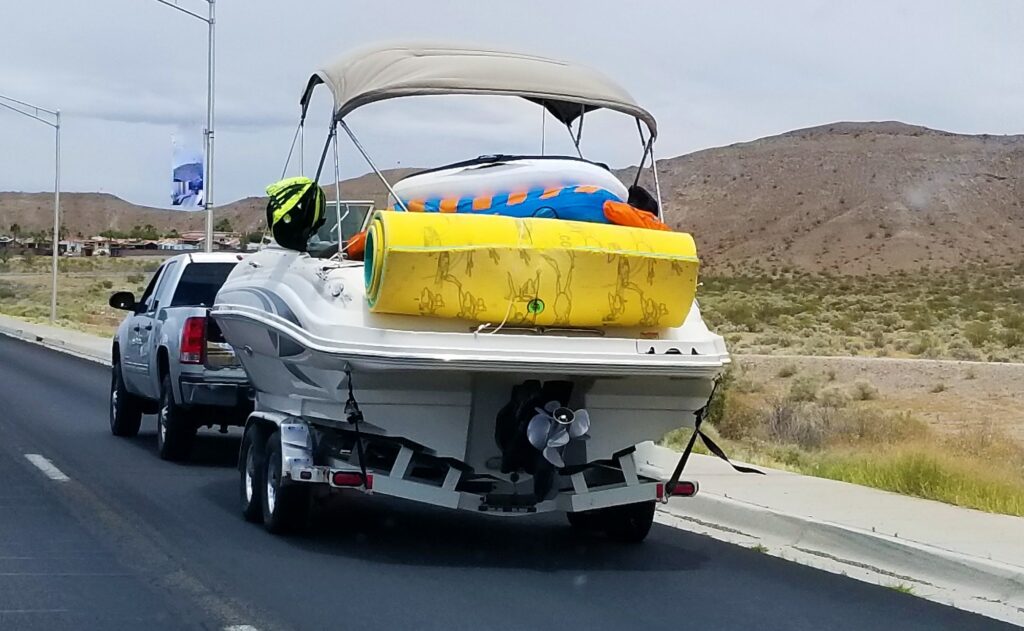
FAQ
What are the different types of lake boats?
There are three main types of lake boats: cruising, fishing, and water sports.
Cruising boats are designed for long-distance travel on open water and feature cabins for comfortable accommodations. They are ideal for those who want to explore the lake or go on adventure trips.
Fishing boats are designed specifically for anglers looking to catch fish from the comfort of their own boat. These vessels usually have large decks with plenty of space to set up the fishing gear and chairs for relaxation while waiting for the big catch.
Water sports boats offer a variety of activities such as wakeboarding, waterskiing, tubing, and more right from the comfort of your vessel. These vessels typically come equipped with a powerful motor capable of pulling multiple passengers while providing plenty of room to store all your gear when not in use.
What are the pros and cons of outboard vs. inboard motors for lake boating?
Outboard motors are typically used on smaller recreational speed boats and are designed to provide additional power. They are usually mounted on the back of the boat and powered by gasoline or diesel fuel. On the other hand, inboard motors are typically found on larger craft such as cabin cruisers and yachts. They provide propulsion for these large vessels and can be gas or diesel-powered, depending on the boat they’re installed in.
The main advantage of outboard motors is their ability to provide extra power when needed for faster speeds or longer trips away from shore without having to refuel as often as an inboard motor would require. On the other hand, inboard motors generally have more powerful engines than outboards, resulting in better overall performance and higher maintenance costs due to their complexity compared with an outboard motor’s more straightforward design.
What is the average cost of ownership for a lake boat?
The average cost of ownership for a lake boat can vary depending on the type of boat you choose. For example, a Ski Boat will typically be more expensive than a Pontoon, which will be more expensive than a Deck Boat. Additionally, the boat’s length will affect its price—larger boats generally cost more than smaller ones. On average, in 2018, new boats cost around $42,000, while used boats averaged around $10,000 and boat trailers priced around $2,400. Furthermore, additional expenses, such as fuel costs and insurance, are associated with owning and operating a boat, which should also be considered when budgeting for ownership costs.
How do the hull designs of lake boats affect their performance?
The hull designs of lake boats can affect their performance in various ways. For example, the shape and size of the hull can determine how well it handles different types of water conditions, such as shallow waters or rougher seas. The design also influences how efficiently the boat moves through the water, which is important for both comfort and fuel efficiency.
Depending on your needs, a boat with a particular hull design will be better suited for certain activities than others. For example, a runabout with minimal wake may be ideal if you plan to do most of your boating in shallow waters or rivers. At the same time, an offshore fishing vessel with cabin protection would better suit longer trips out on the open ocean.
What type of lake boat is best for freshwater fishing?
When choosing a lake boat for freshwater fishing, there are three main categories: bass boats, multi-species boats, and aluminum fishing boats. Bass boats are explicitly designed to catch fish and fish found in lakes. Multi-species boats are more versatile and can be used to catch various fish species found in lakes. Aluminum fishing boats offer an affordable option that is lightweight yet sturdy enough to handle the waters of a lake.
A multi-species boat is ideal for most freshwater fishermen looking for an all-around boat that can handle multiple types of catches in one outing. These vessels offer more versatility than bass boats since they can be used for trolling as well as casting; however, they may not provide the best experience if you’re specifically looking to target bass exclusively.
Aluminum fishing boats provide excellent value for those on a budget but may not be suitable for longer trips due to their lightweight construction; therefore, it’s important to do your research before purchasing one of these models if you plan on using it often or traveling with it across long distances on waterway systems with solid currents/winds/waves, etc.
Are there any special towing or launching requirements for lake boats?
Lake boats do not require any special towing or launching requirements. They can be towed and launched like any other boat, using a trailer or a boat lift if necessary.
What should I look for in terms of stability and handling in a lake boat?
When looking for a lake boat, it is essential to consider the stability and handling of the vessel. Stability refers to how well a boat stays upright in water conditions, while handling refers to how easily a boat can be maneuvered. When considering stability, it is essential to look for a vessel that has enough weight in the hull and keel area so that it does not tip over easily when waves are present. Additionally, it is crucial to choose a model with features such as cabins or hatches that provide additional protection from wind and weather conditions when out on open water.
What safety requirements should I consider when operating a lake boat?
When operating a lake boat, you should consider the following safety requirements:
– Wearing a life jacket at all times.
– Knowing how to operate the boat and following the manufacturer’s instructions.
– Checking weather conditions before going out on the water and avoiding hazardous conditions such as strong winds or high waves.
– Familiarize yourself with safety equipment such as fire extinguishers, first aid kits, flares, and life rafts if they are on board your boat.
